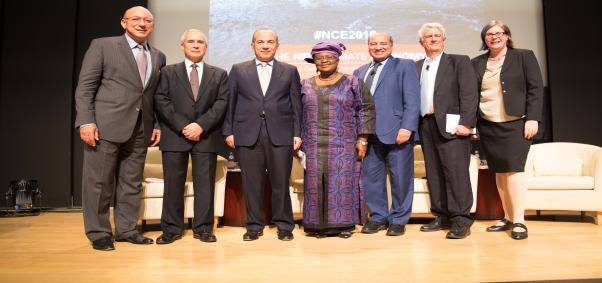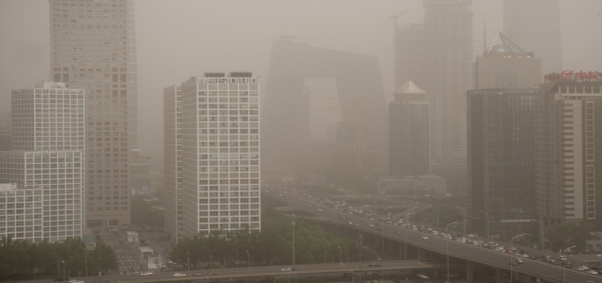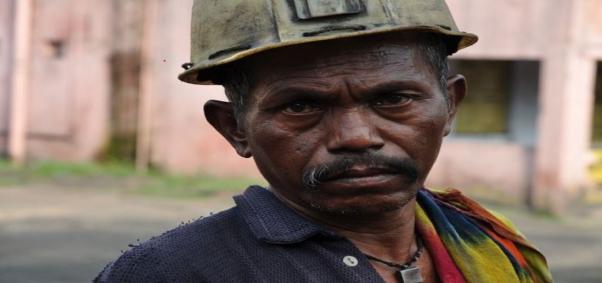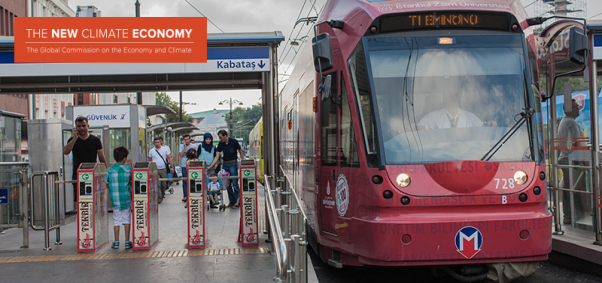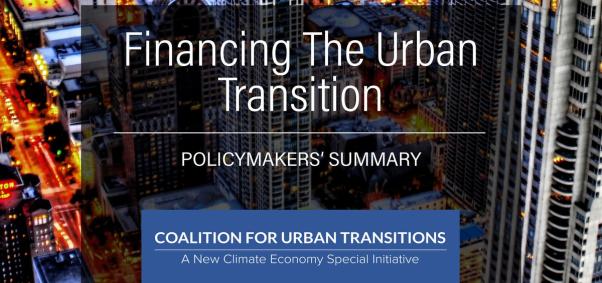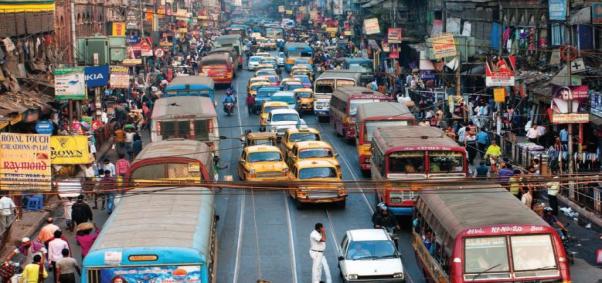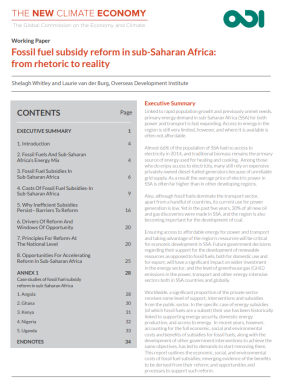
The costs of fossil fuel subsidies far outweigh the benefits when considering the full economic, social, and environmental impact of these subsidies in sub-Saharan Africa. If done right, phasing out fossil fuel subsidies in sub-Saharan Africa will lower greenhouse gas emissions, reduce air pollution, and create the fiscal space to provide access to energy and meet social development objectives.
Downloads
671.88 KB
1.2 MB
459.69 KB
5.38 MB
![]() Seizing the Global Opportunity: Partnerships for Better Growth and a Better Climate.
Seizing the Global Opportunity: Partnerships for Better Growth and a Better Climate.
6.21 MB
2.27 MB
![]() Fossil fuel subsidy reform in sub-Saharan Africa: from rhetoric to reality
Fossil fuel subsidy reform in sub-Saharan Africa: from rhetoric to reality


